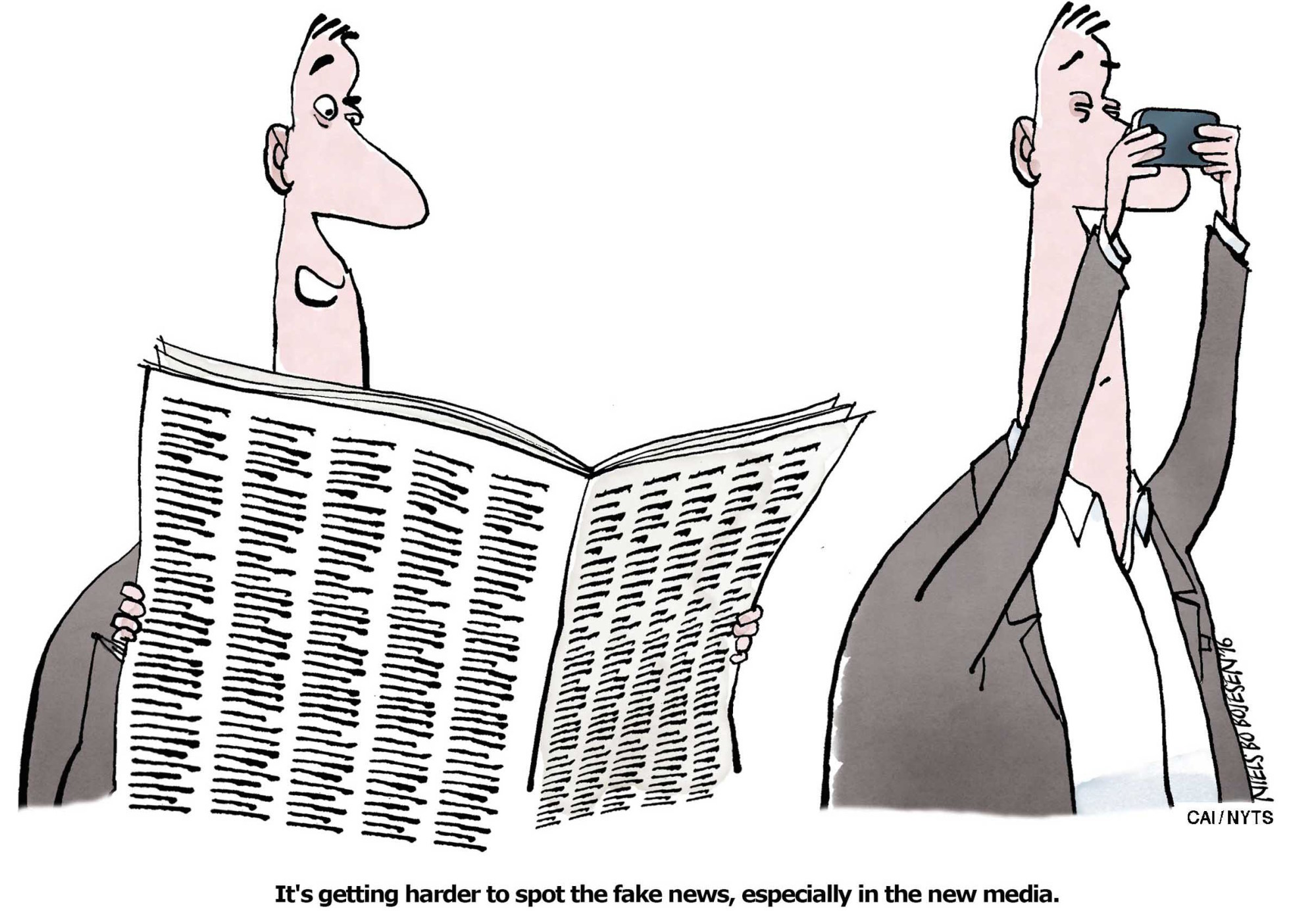In the wake of the 2016 U.S. presidential election, the media has worked itself into a panic about the rise of fake news on social media. Reporters have examined the subject from dozens of angles — profiling misinformation peddlers from California to the Caucasus, analyzing how hoaxes spread, raising red flags about media literacy, and much more.
You can understand why journalists are so worried. For one thing, most reporters genuinely want the public to be well-informed. For another, there's a matter of self-interest: Fake news undermines journalists' authority as arbiters of truth. Also — and I'll let you in on a little secret here — most mainstream journalists probably preferred Hillary Clinton to Donald Trump, so the idea that fake news swung the election is a tantalizing story.
But all this focus on fake Facebook news obscures a much bigger story about the way social media — the endless public opining and sharing of information — is reshaping politics. Even if you've never given much thought to its meaning, you've probably heard someone say "the medium is the message," the famous dictum of media theorist Marshall McLuhan.


















With your current subscription plan you can comment on stories. However, before writing your first comment, please create a display name in the Profile section of your subscriber account page.